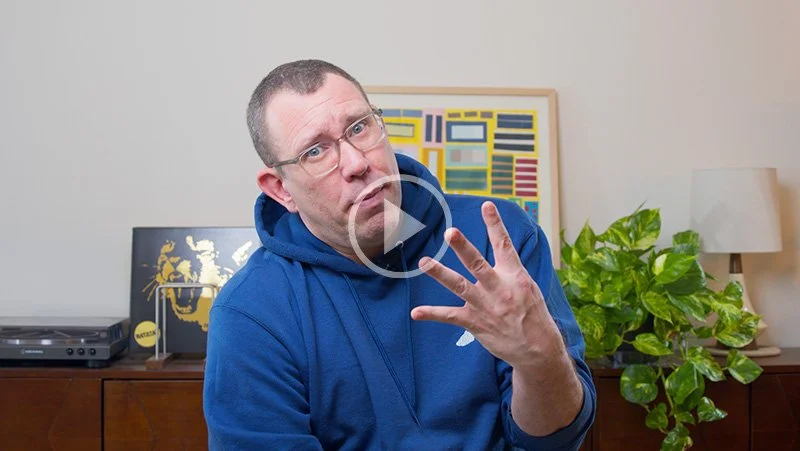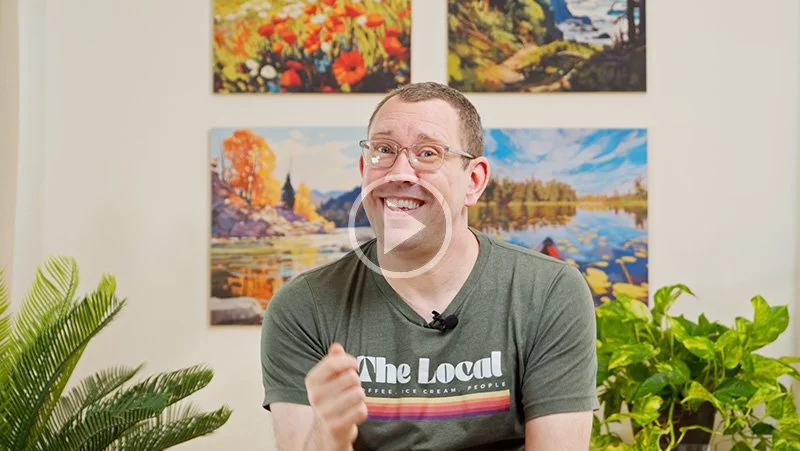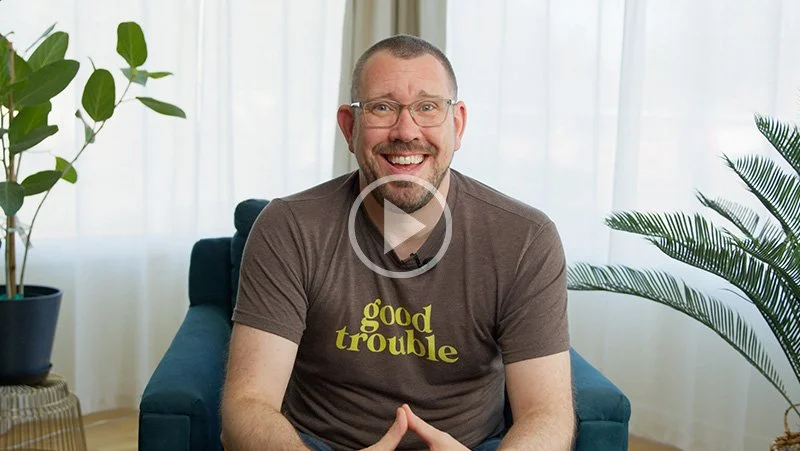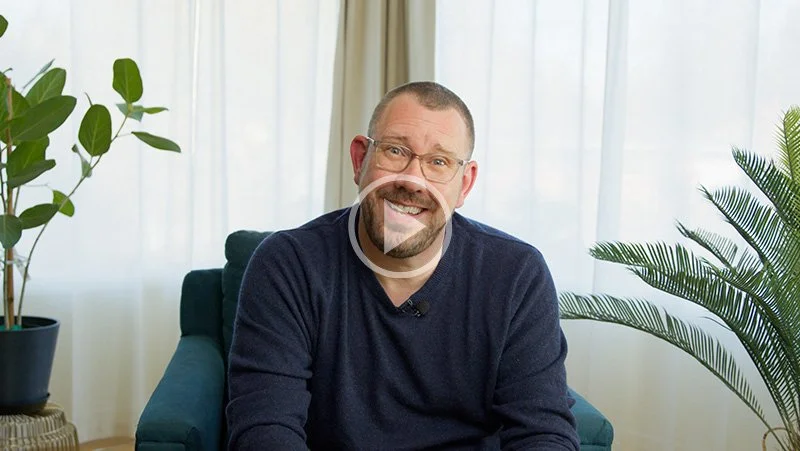3 Top Ways to Avoid Mistakes
Welcome to the #culturedrop. Every Tuesday, Galen Emanuele emails tools to advance leadership skills, team culture, and personal growth. No spam, just great content. Sign up now to get it in your inbox.
3 practical ways to reduce mistakes on your team.
Mistakes. Let’s talk about how they happen and how to reduce them. No team is immune, no matter how experienced or talented. But the good news is, a few small shifts in how we operate can make a big difference in minimizing missteps, or at least not repeating them.
Here are the top three things that I believe really help reduce mistakes inside businesses and teams:
1. Get super clear from the start.
A lot of mistakes are rooted in vague communication. When instructions are ambiguous or expectations are implied rather than stated, things can get missed. It's important to have a clear picture of what success looks like.
Take the time to lay things out clearly. Set expectations up front. Spell out what “done” looks like. Ask and allow for clarifying questions. Confirm that everyone is on the same page from the get go.
“Clarity done right isn’t micro-management, it’s leadership. It saves time, energy, and rework down the road.”
If a team is making frequent errors, this is one of the first areas to examine. Was the direction clear enough? Did we really define what we wanted? Sometimes it’s not the root of mistakes at all, but it certainly helps.
Clarity done right isn't micro-management, it's leadership. It saves time, energy, and rework down the road.
2. Fix the process. not just the mistake.
This is absolutely clutch. Most recurring mistakes aren’t people problems, they’re process problems.
So when something goes wrong, go deeper than what happened. Take a close look at what part the process or system is potentially flawed/unclear/incomplete that allowed this mistake to happen. And more importantly, what process or system can we put in place now so it doesn’t happen again?
“Most recurring mistakes aren’t people problems, they’re process problems.”
Introduce checklists. Add review steps. Build in redundancies. Whatever the fix is, focus on changing the process, not just dealing with what happened.
If a mistake keeps showing up, my money is on that it’s probably being caused by a flawed or weak process, or not having a defined process at all.
3. Create a culture where mistakes aren’t feared.
This one might seem counterintuitive, but it’s not. Make your team a safe place for people to acknowledge and own when mistakes happen.
When people are afraid of making mistakes, they tend to hide them. They stay quiet when something feels off. They’re less likely to ask questions or flag issues early, often because they don’t want to look dumb or be criticized. High pressure to not make mistakes can result in just the opposite.
Mistakes are part of learning and growth. If you build a culture where it’s commonly accepted that some mistakes are inevitable, and they’re treated as opportunities to improve, people will be more honest, more accountable, and more likely to catch small problems before they become big ones.
“High pressure to not make mistakes can result in just the opposite.”
This doesn’t mean being careless or accepting sloppiness. It means being committed to high standards and recognizing that learning requires room to occasionally get it wrong. The goal isn’t perfection — it’s continuous improvement.
Final thoughts.
To avoid mistakes, start with clear communication. Back it up with solid processes. And make space for people to be honest when things go sideways.
Mistakes are inevitable, but our relationship and response to them can mean the difference between a team that rarely makes them, and one that keeps tripping over the same issues.
Related Blogs:
Better Relationships: Responding Well to Mistakes
Want more?
This article was created by Galen Emanuele for the #culturedrop. Free leadership and team culture content in less than 5 minutes a week. Check out the rest of this month's content and subscribe to the Culture Drop at https://bit.ly/culturedrop








